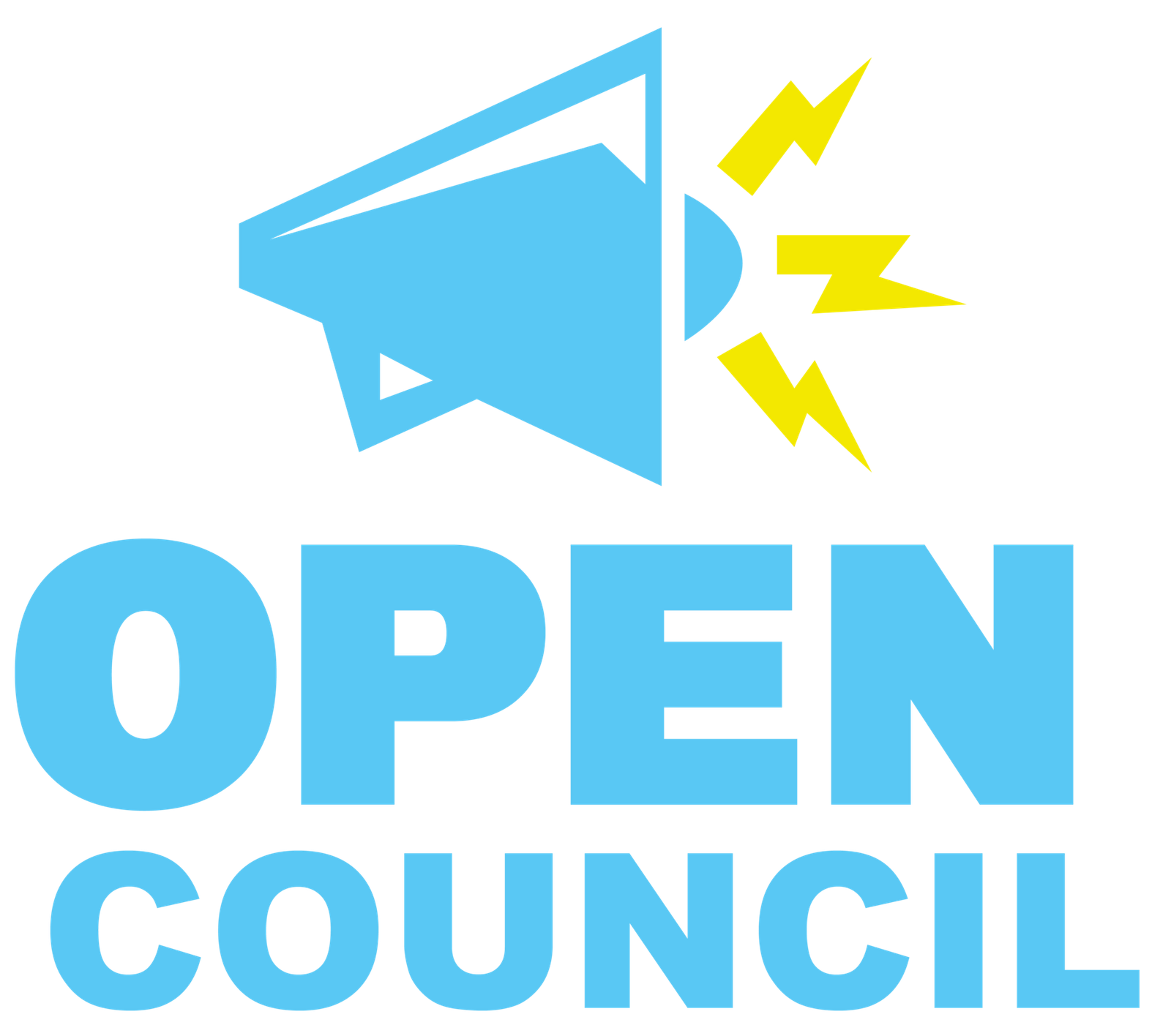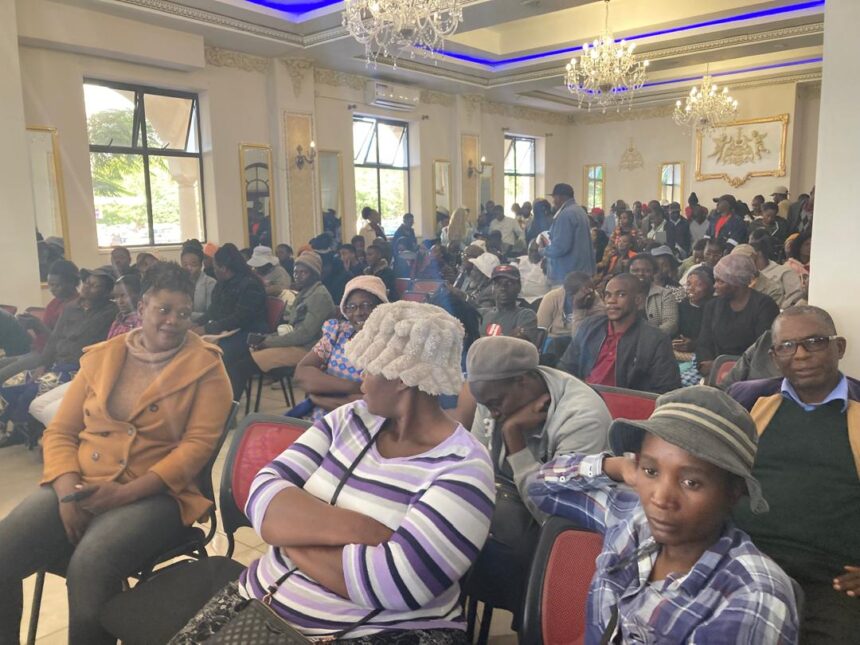By Correspondent
Residents groups have launched a coordinated campaign to block City of Harares proposed 2026 budget, alleging that it is an elitist financial plan.
The Harare Residents Trust (HRT) and the Combined Harare Residents Association (CHRA) are mobilising residents to file written objections.
The deadline for the signing is 1 December 2025.
The move is in line with Section 219(3) of the Urban Councils Act, which requires at least 30 objections for council to reconsider a proposed tariff or charge.
HRT said the draft budget prioritises the comfort of councillors over the welfare of ordinary citizens.
It argued that the figures presented by council lack connection with the peoples socio-economic experiences.
The City of Harare councillors have chosen their personal comfort instead of representing the residents who elected them into office.
“That proposed budget is elitist and directly antagonises ratepayers, HRT said.
HRT also criticised proposed sharp increases in housing waiting list fees.
Hiked Charges
The application charge has been raised from US$15 to US$50, while the annual renewal fee would jump from US$10 to US$30.
Meanwhile, CHRA said scores of residents have submitted their objections at Town House.
They are focusing primarily on the steep water tariff hikes contained in the US$690 million budget.
Under the proposal, water tariffs for high-density suburbs would rise from US$1.24 to US$2.00 per cubic metre for the first 5 cubic metres a 61% increase.
In low-density areas, the same band would surge from US$1.70 to US$4.90, marking a dramatic 188% jump.
Residents also objected to the escalation of graveyard charges and what they described as non-deterrent fines for water pollution.
The proposed US$616 penalty, CHRA argued, was too low to curb persistent pollution affecting Harare’s water sources.
Council Defends Position
Harare’s Finance Committee Chairperson, Councillor Costa Mande has however defended the tariff adjustments saying they were driven by rising operational costs.
The proposed tariffs have been indexed to supply costs and energy inputs to ensure that the city can sustain water treatment and pumping operations, he said.
Mande cited the rising price of treatment chemicals, electricity and ageing infrastructure.



